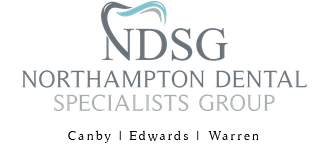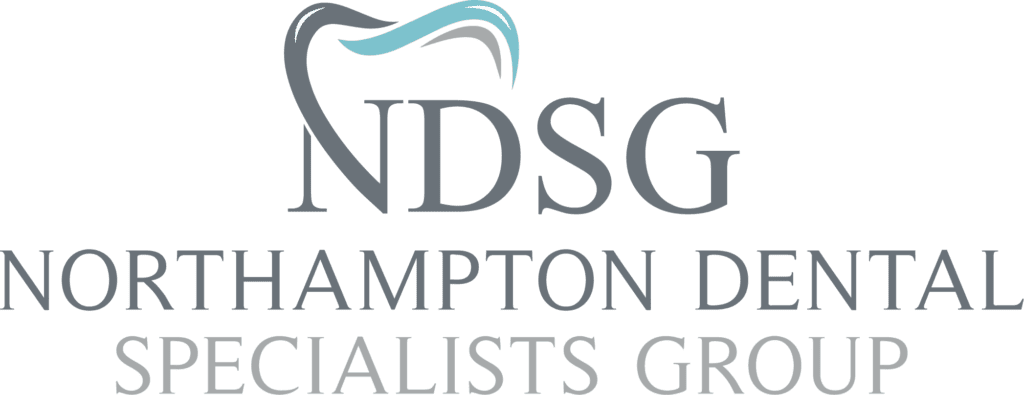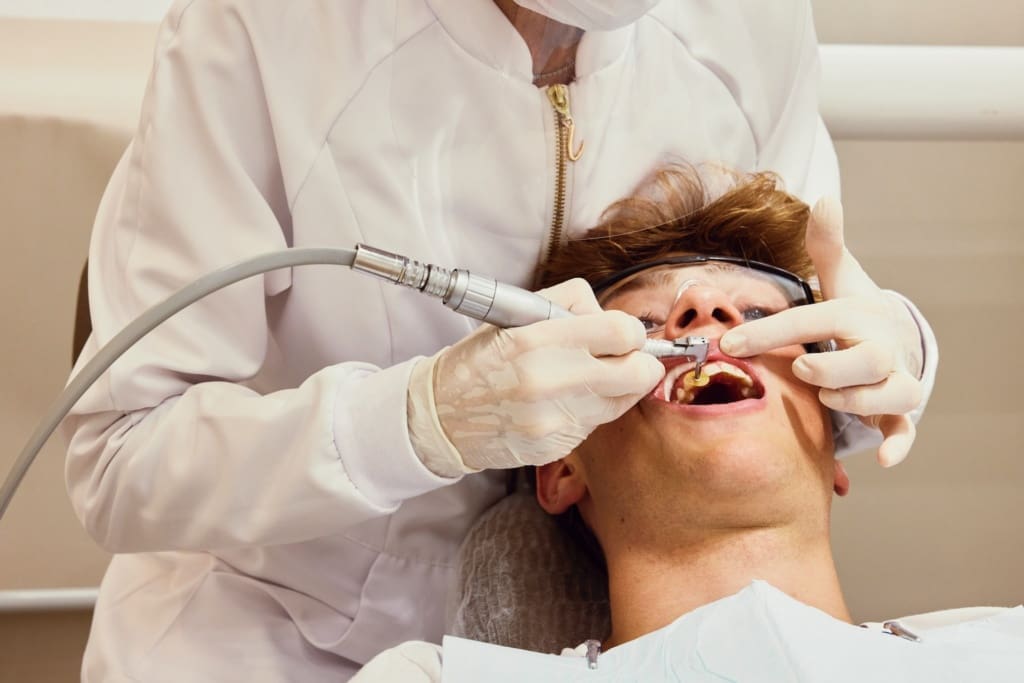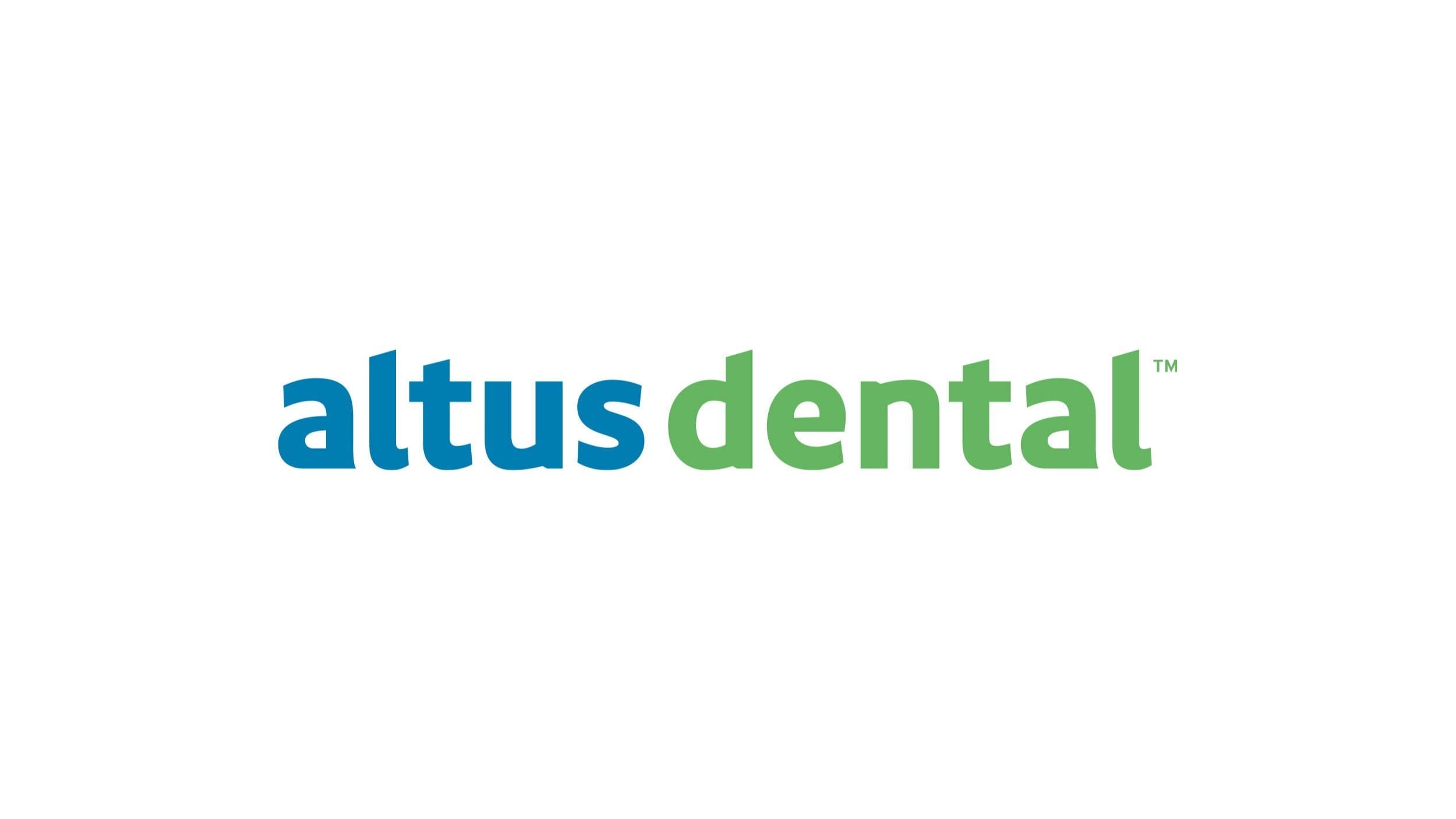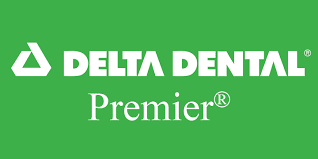Oral cancer is a potentially life-threatening condition that affects thousands of people each year. Early detection plays a crucial role in improving treatment outcomes and increasing survival rates. Regular oral cancer screenings are essential for identifying suspicious lesions or abnormalities at their earliest stage, when treatment is most effective.
At Northampton Dental Specialists Group, formerly known as Clayton and Canby Dental, our experienced and compassionate dental professionals recognize the importance of oral cancer screening as an integral part of comprehensive dental care. Our Northampton, MA dental practice prioritizes your overall health by conducting regular oral cancer screenings during routine dental check-ups, helping detect and address potential issues early.
In this informative guide, we will discuss the importance of oral cancer screening, the early detection process, and the benefits of regular screenings as part of your dental care. By understanding the value of oral cancer screening, you can take proactive steps to safeguard your oral health and overall well-being.
To learn more about oral cancer screening at Northampton Dental Specialists Group or to schedule an appointment with our dedicated dental team, please contact us today. Together, we can ensure a comprehensive approach to dental care that promotes lasting oral health and well-being.
Overview of Oral Cancer
Oral cancer refers to cancer that develops in any part of the oral cavity, including the lips, tongue, gums, cheeks, floor and roof of the mouth, and throat. Common symptoms can range from persistent sores or ulcers in the mouth to difficulty swallowing, unexplained bleeding, or a lump in the neck.
Risk factors for oral cancer include:
1. Tobacco Use: Chewing, smoking, or any form of tobacco consumption can significantly increase the risk of oral cancer.
2. Excessive Alcohol Consumption: Heavy alcohol drinkers are at a higher risk of developing oral cancer than moderate drinkers or non-drinkers.
3. Human Papillomavirus (HPV) Infection: Certain types of HPV can contribute to the development of oral cancer.
4. Poor Diet: Lack of essential vitamins and nutrients in your diet can increase the risk of oral cancer.
5. Sun Exposure: Excessive exposure to the sun may lead to lip cancer.
The Oral Cancer Screening Process
Oral cancer screenings are typically performed during routine dental check-ups. The process involves the following steps:
1. Visual Inspection: Your dental professional will visually inspect your lips, gums, cheeks, tongue, the roof and floor of your mouth, and your throat for any signs of oral cancer, such as sores, ulcers, or unusual color changes.
2. Physical Examination: Your dentist will carefully feel your neck, jaw, and the insides of your mouth to check for any unusual lumps, swelling or other abnormalities.
3. Additional Diagnostic Tools: In some cases, your dental professional may use other diagnostic devices, such as a specialized light or dye to highlight any abnormalities, helping detect potential cancerous changes more accurately.
4. Follow-up and Referral: If any suspicious areas are found during your screening, your dentist may recommend further diagnostic tests, a biopsy, or refer you to an oral surgeon or specialist for a more comprehensive evaluation.
Benefits of Regular Oral Cancer Screenings
Undertaking regular oral cancer screenings as part of your routine dental care can provide significant benefits, such as:
1. Early Detection: Oral cancer can often be asymptomatic in its early stages or present symptoms that resemble more common oral problems. Regular screenings can help identify potential issues at the onset, when treatment is most effective.
2. Increased Survival Rates: Successful treatment outcomes for oral cancer depend largely on early detection. By incorporating oral cancer screenings into your dental care routine, you can increase the chances of diagnosing cancer at an early stage, leading to higher survival rates.
3. Greater Awareness of Risk Factors: Regular oral cancer screenings can help educate patients about the risk factors for oral cancer and encourage the adoption of healthier habits, including tobacco cessation and moderation of alcohol consumption.
4. Comprehensive Dental Care: Including oral cancer screenings in your regular dental check-ups helps ensure a holistic approach to dental care and overall health.
Proactive Measures to Reduce Oral Cancer Risk
In addition to regular oral cancer screenings, there are several proactive measures you can take to reduce your risk of developing oral cancer:
1. Avoid Tobacco Products: Quit smoking or using smokeless tobacco to significantly decrease your risk of oral cancer.
2. Limit Alcohol Consumption: Reduce your risk by moderating alcohol intake and avoiding excessive drinking.
3. Maintain a Healthy Diet: Consume a balanced diet rich in fruits, vegetables, whole grains, and lean proteins to support both oral and overall health.
4. Practice Safe Sun Exposure: Protect your lips from sun damage by applying lip balm with SPF and wearing a wide-brimmed hat when outdoors.
5. Stay Up-to-Date with HPV Vaccination: Talk to your healthcare provider about the HPV vaccination as a preventive measure against certain types of oral cancer.
Conclusion:
Regular oral cancer screenings are an essential part of maintaining optimal oral health and overall well-being. Early detection through routine screenings significantly improves the chances of successful treatment and survival. By understanding the importance of oral cancer screening and adopting proactive measures to reduce risk, you can safeguard your oral health and take an active role in the prevention and early detection of this serious condition.
At Northampton Dental Specialists Group, formerly known as Clayton and Canby Dental, our team of dedicated dental professionals is committed to providing comprehensive oral cancer screenings as part of our commitment to holistic dental care. To learn more about our oral cancer screening services in Northampton, please contact us today. Together, we can work towards maintaining a healthy, radiant smile supported by early detection and prevention strategies.
